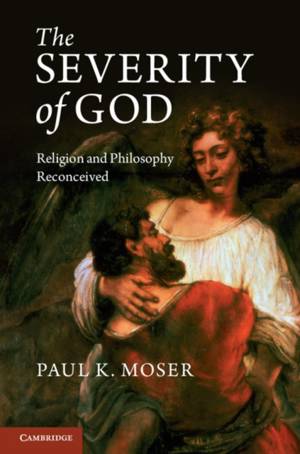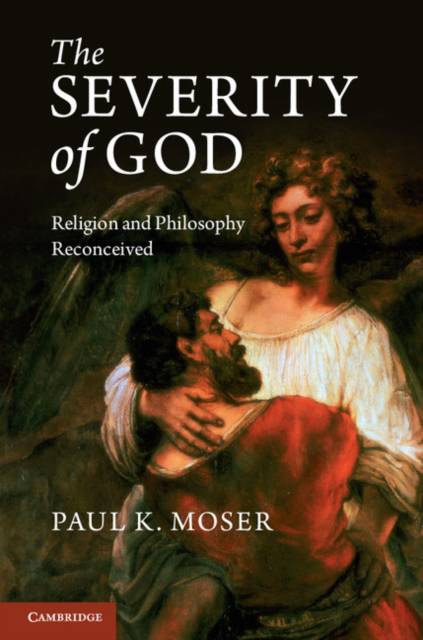
Door een staking bij bpost kan je online bestelling op dit moment iets langer onderweg zijn dan voorzien. Dringend iets nodig? Onze winkels ontvangen jou met open armen!
- Afhalen na 1 uur in een winkel met voorraad
- Gratis thuislevering in België vanaf € 30
- Ruim aanbod met 7 miljoen producten
Door een staking bij bpost kan je online bestelling op dit moment iets langer onderweg zijn dan voorzien. Dringend iets nodig? Onze winkels ontvangen jou met open armen!
- Afhalen na 1 uur in een winkel met voorraad
- Gratis thuislevering in België vanaf € 30
- Ruim aanbod met 7 miljoen producten
Zoeken
€ 57,95
+ 115 punten
Omschrijving
This book explores the role of divine severity in the character and wisdom of God, and the flux and difficulties of human life in relation to divine salvation. Much has been written on problems of evil, but the matter of divine severity has received relatively little attention. Paul K. Moser discusses the function of philosophy, evidence and miracles in approaching God. He argues that if God's aim is to extend without coercion His lasting life to humans, then commitment to that goal could manifest itself in making human life severe, for the sake of encouraging humans to enter into that cooperative good life. In this scenario, divine agapē is conferred as free gift, but the human reception of it includes stress and struggle in the face of conflicting powers and priorities. Moser's work will be of great interest to students of the philosophy of religion, and theology.
Specificaties
Betrokkenen
- Auteur(s):
- Uitgeverij:
Inhoud
- Aantal bladzijden:
- 237
- Taal:
- Engels
Eigenschappen
- Productcode (EAN):
- 9781107615328
- Verschijningsdatum:
- 29/04/2013
- Uitvoering:
- Paperback
- Formaat:
- Trade paperback (VS)
- Afmetingen:
- 150 mm x 229 mm
- Gewicht:
- 340 g

Alleen bij Standaard Boekhandel
+ 115 punten op je klantenkaart van Standaard Boekhandel
Beoordelingen
We publiceren alleen reviews die voldoen aan de voorwaarden voor reviews. Bekijk onze voorwaarden voor reviews.











